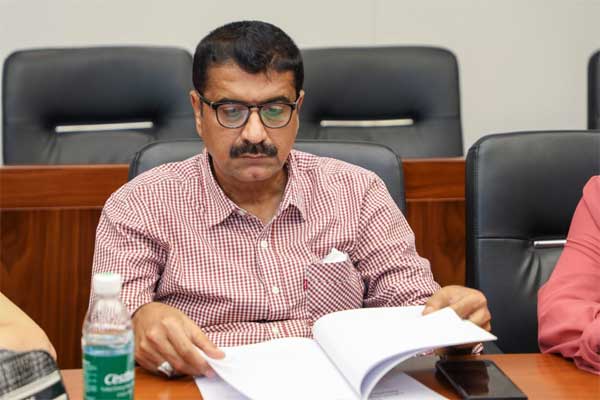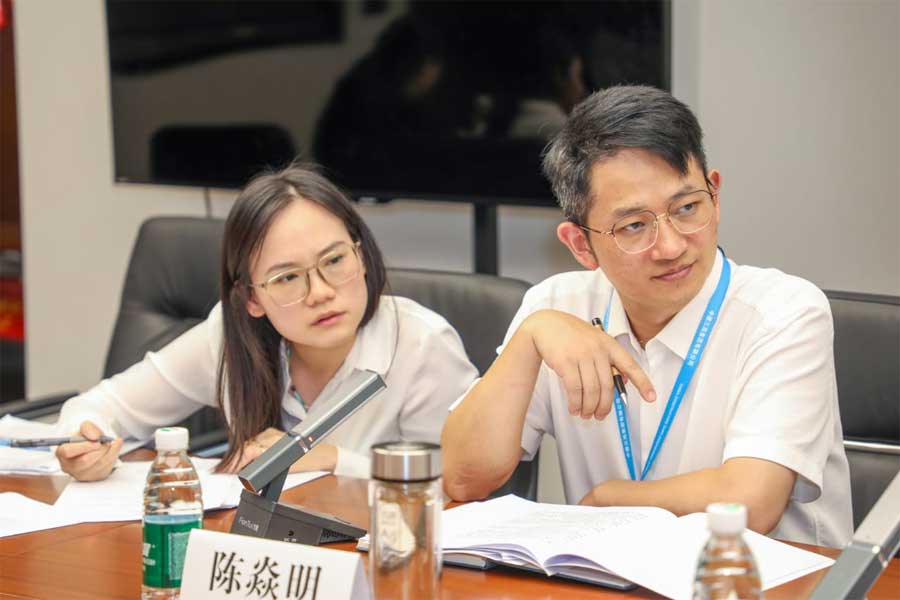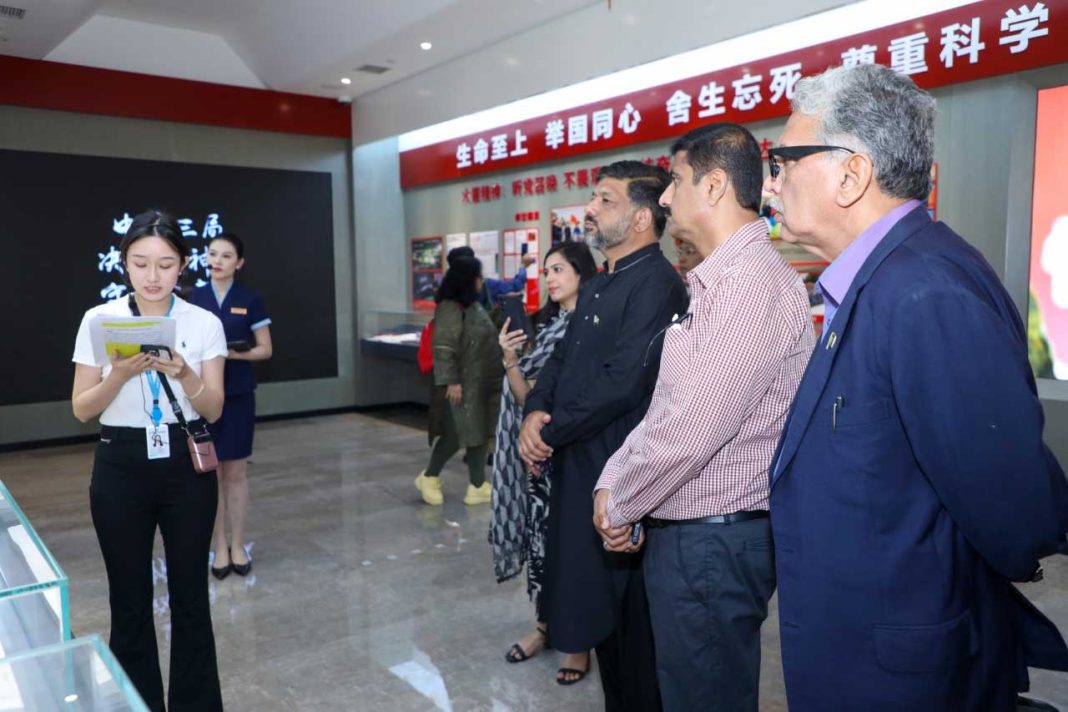

China State Construction Engineering Corporation (CSCEC), one of the world’s largest construction companies, has been at the forefront of infrastructure development in Pakistan. As a key player in the China-Pakistan Economic Corridor (CPEC) and other bilateral ventures, CSCEC’s involvement in Pakistan spans across various sectors, including transportation, energy, and urban development. These projects have had a profound economic impact, driving growth, generating employment, and fostering the development of local businesses. As Pakistan navigates its economic challenges, CSCEC’s projects offer a pathway toward greater economic stability and long-term prosperity.
Job Creation and Workforce Development
One of the most immediate and visible economic impacts of CSCEC’s projects in Pakistan is job creation. Infrastructure projects-whether they involve building highways, power plants, or urban centers-require a vast labor force, from engineers and project managers to construction workers and support staff. CSCEC’s projects have created thousands of jobs across Pakistan, both during the construction phases and in the long-term operational phases.
Direct Employment in Infrastructure Projects
The construction of major projects, such as the Sukkur-Multan Motorway (M-5) or the Lahore Orange Line Metro Train, has directly employed thousands of Pakistanis. These projects require workers skilled in construction, engineering, logistics, and safety management, providing employment opportunities for a wide range of professionals and laborers. CSCEC has also prioritized the hiring of local workers to ensure that the economic benefits are felt at the community level.
For example, the construction of the Karot Hydropower Project-one of the key CPEC energy projects-employed thousands of local workers, with CSCEC providing vocational training to improve their skills. This not only helped complete the project efficiently but also enhanced the employability of these workers for future projects in Pakistan’s growing construction sector.
ndirect Employment through Supply Chains
Beyond the direct jobs created in construction, CSCEC’s projects also generate significant indirect employment through the supply chains that support these ventures. Local companies providing materials such as cement, steel, and other construction supplies have seen increased demand for their products, which in turn creates jobs in industries like manufacturing, transportation, and logistics.
This multiplier effect is particularly important for small and medium-sized enterprises (SMEs), which form the backbone of Pakistan’s economy. By integrating local businesses into the supply chains of large infrastructure projects, CSCEC fosters sustainable economic development that extends far beyond the project sites themselves.
Boosting Local Business Growth and Innovation
CSCEC’s projects have also played a crucial role in stimulating local business growth and encouraging innovation in Pakistan’s construction and engineering sectors. The scale and complexity of these projects necessitate the involvement of local companies, from subcontractors to technology providers, creating new opportunities for businesses to expand and improve their capabilities.
Collaboration with Local Construction Firms
CSCEC has actively collaborated with local construction firms in Pakistan, sharing expertise and offering technical assistance to ensure that these companies can meet the high standards required for large-scale projects. This partnership model has enabled Pakistani firms to enhance their technical capabilities, adopt new technologies, and improve operational efficiency.
One notable example is the collaboration between CSCEC and local contractors on the Multan-Sukkur Motorway, where Pakistani firms were responsible for various aspects of the construction process. Through this partnership, local companies gained valuable experience in project management, quality control, and compliance with international standards.
This knowledge transfer has a long-lasting impact, as Pakistani companies are now better equipped to take on future infrastructure projects independently or in collaboration with other international firms. As these companies grow and evolve, they contribute to Pakistan’s broader economic development by creating more jobs and fostering innovation in the construction sector.
Technology Transfer and Skill Development
In addition to fostering business growth, CSCEC’s projects have also facilitated the transfer of cutting-edge technologies and expertise to Pakistan. The use of advanced construction methods, such as prefabrication and modular construction, has introduced local professionals to new ways of building more efficiently and sustainably.
CSCEC’s involvement in Pakistan has also led to the establishment of training programs aimed at developing the skills of local engineers, technicians, and construction workers. These programs, which include on-the-job training, workshops, and seminars, help Pakistani professionals acquire the technical knowledge needed to work on complex infrastructure projects. Over time, this investment in human capital will contribute to the development of a more skilled and competitive workforce, capable of driving innovation and efficiency in Pakistan’s construction industry.
Contributions to Economic Development and Connectivity
The infrastructure projects undertaken by CSCEC in Pakistan are not only creating jobs and fostering business growth, but they are also fundamentally transforming the country’s economic landscape by improving connectivity, enhancing productivity, and promoting regional trade.
Improved Transportation and Trade Routes
One of the most significant contributions of CSCEC’s projects has been the improvement of transportation infrastructure, which is vital for Pakistan’s economic development. Roads, highways, and railways constructed under CPEC have significantly reduced travel times between major cities and economic hubs, facilitating the movement of goods and people across the country.
For example, the Multan-Sukkur Motorway has drastically reduced travel times between southern and northern Pakistan, providing a more efficient route for transporting goods between Karachi and Lahore. This improved connectivity has lowered transportation costs for businesses, increased trade volumes, and strengthened Pakistan’s position as a regional trade hub. As Pakistan continues to modernize its transportation infrastructure, the country will be better positioned to capitalize on its strategic location, linking Central Asia, South Asia, and the Middle East.
Energy Infrastructure and Economic Stability
In addition to transportation, CSCEC has played a pivotal role in addressing Pakistan’s energy needs through the construction of power plants and energy infrastructure. The Karot Hydropower Project and other energy initiatives under CPEC have contributed to reducing Pakistan’s chronic energy shortages, which have historically been a significant barrier to economic growth.
Reliable access to energy is critical for industrial growth, job creation, and improved quality of life for the population. By providing a stable energy supply, CSCEC’s projects are helping Pakistan’s businesses operate more efficiently and reducing the cost of production. This increased productivity will, in turn, contribute to overall economic stability and growth.
Urban Development and Economic Expansion
CSCEC’s involvement in urban development projects, such as the Lahore Orange Line Metro Train, has also contributed to the economic vitality of Pakistan’s cities. By improving urban mobility, reducing traffic congestion, and enhancing access to public services, these projects make cities more attractive to both businesses and residents.
As cities become more efficient and livable, they attract greater domestic and foreign investment, leading to the creation of new industries and economic opportunities. This urban expansion further drives job creation, improves public services, and contributes to a more dynamic and diversified economy.
Long-Term Economic Sustainability
While the immediate economic benefits of CSCEC’s projects are evident, their long-term impact on Pakistan’s economic sustainability is perhaps even more significant. By investing in critical infrastructure, Pakistan is laying the foundation for sustained economic growth, increased foreign investment, and improved living standards for its population.
The job creation, business growth, and enhanced connectivity generated by CSCEC’s projects will have a lasting ripple effect on Pakistan’s economy. As more businesses thrive, new industries emerge, and the workforce becomes more skilled and productive, Pakistan will be better positioned to compete on the global stage and achieve its economic development goals.
CSCEC’s projects in Pakistan have had a transformative impact on the country’s economy, creating jobs, fostering local business growth, and contributing to long-term economic development. Through knowledge transfer, technology adoption, and collaboration with local firms, CSCEC is not only building infrastructure but also strengthening Pakistan’s human capital and business environment.
As Pakistan continues to develop its infrastructure, the role of companies like CSCEC in driving economic growth and creating opportunities for the local population will remain crucial. By leveraging the expertise, resources, and technology of global leaders like CSCEC, Pakistan can achieve its vision of a prosperous, interconnected, and economically vibrant future.





